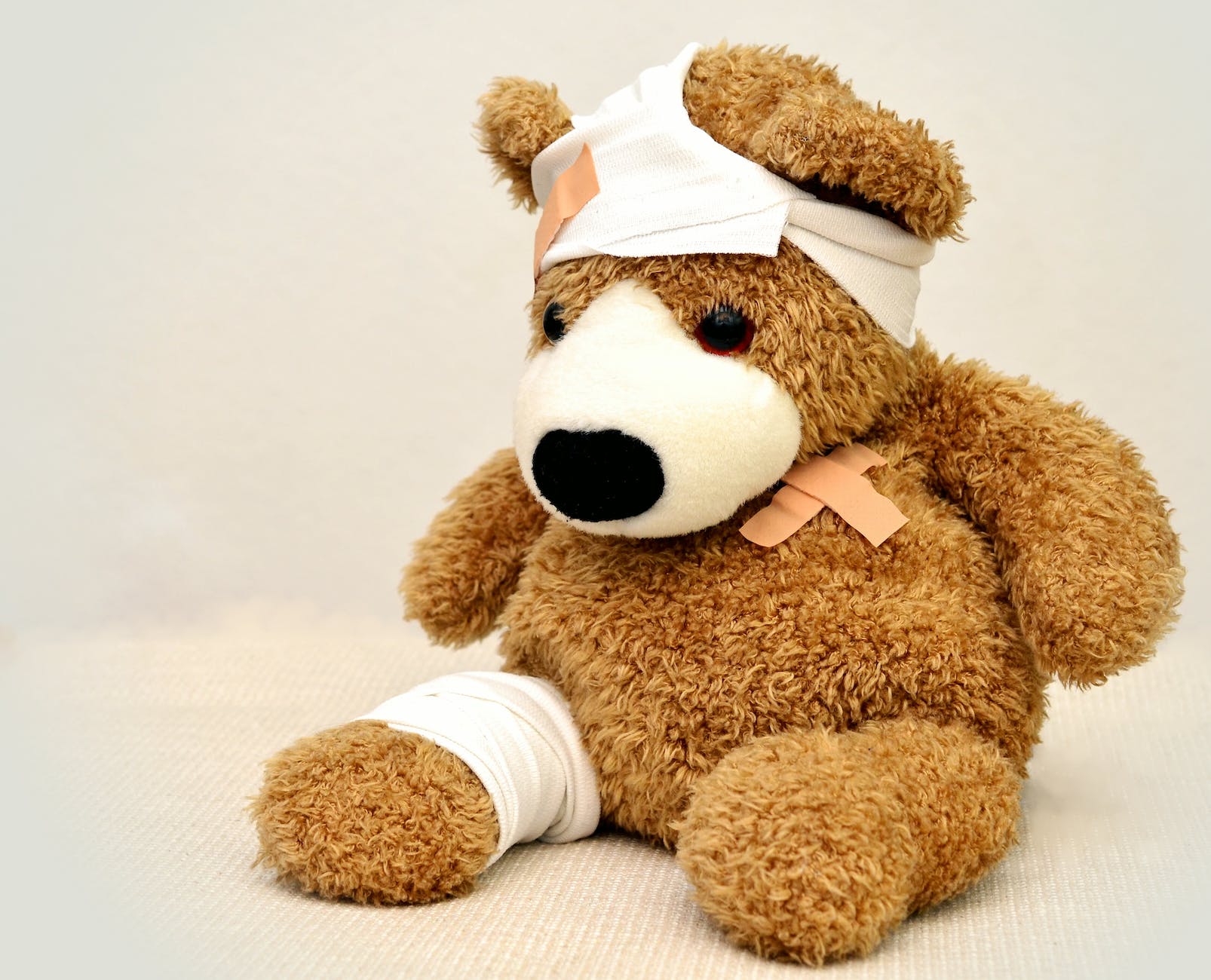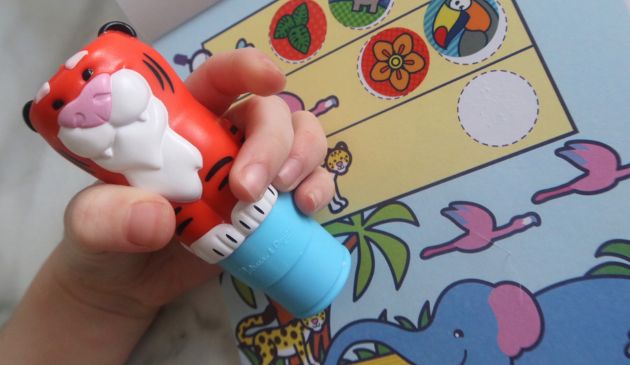
7 Tips For Mums To Help Their Kids Maintain Perfect Teeth

This is a collaborative post
Mums are always looking for ways to help their kids maintain perfect teeth. It can be a challenge, but with proper dental care, it is definitely possible. This blog post will discuss seven tips that will help your kids keep their pearly whites healthy and sparkling!
1. Schedule Regular Dental Check-Ups
This is perhaps the most important tip on the list. You should take your child to see the dentist twice a year and more often if they have any existing dental problems. The dentist will be able to spot any issues early on and provide treatment accordingly.
Regular check-ups are crucial in maintaining good oral health. Your child will also get a professional cleaning at the dentist, which is important in preventing cavities and gum disease. Make sure to schedule appointments early in the day so that your child doesn’t have to miss school.
Many dental clinics offer after-hours or weekend appointments if you can’t make it to the dentist during regular hours.
Don’t wait until your child is in pain to see the dentist – by then, the problem may have already become serious. If you don’t have a regular dentist, ask your friends or family for recommendations. You can also check online listings for dentists in your area.
2. Teach Your Child To Brush And Floss Properly
It’s important that you teach your child how to brush and floss properly to help them maintain good oral hygiene. Show them the correct way to hold their toothbrush and how to reach all areas of their mouth.
It’s also important that they use the right amount of toothpaste – a pea-sized amount is usually sufficient. Make sure they understand the importance of brushing twice a day, every day. You could try to make brushing teeth a fun activity by singing a song or playing a game while they brush.
As for flossing, it’s best to start when your child has two teeth that touch each other. Show them how to wrap the floss around each tooth and under the gum line. Again, emphasize the importance of doing this every day.
You could also try using dental floss picks, which are easier for small hands to use. Whichever method you choose, make sure your child is flossing properly to avoid cavities and gum disease.
Ask their dentist for advice if you’re not sure whether your child is brushing or flossing correctly.
3. Limit Sugary Snacks And Drinks
We all know that sugary snacks and drinks are bad for our teeth, but it’s especially important to limit them for children. Too much sugar can lead to cavities and other dental problems.
Instead of sugary snacks, try offering your child healthy alternatives like fruits, vegetables, or whole-grain crackers. And instead of soda or juice, give them water to drink. If they’re old enough, you could even let them choose their own healthy snacks and drinks from the supermarket.
Leading by example is also important – if you eat lots of sugary foods yourself, your child is likely to do the same. So make sure you limit your own intake of sugary snacks and drinks and brush your teeth after eating them.
Remember, the key is to limit sugary snacks and drinks, not eliminate them entirely. A little treat now and then won’t hurt, as long as it’s not consumed too often.
4. Address Dental Alignment Issues Sooner Rather Than Later
If you notice that your child’s teeth are not aligned properly, it’s important to seek treatment as soon as possible. Dental alignment issues can lead to several problems, including gum disease and tooth decay. In some cases, they can also affect your child’s speech development.
Many different treatments are available for dental alignment issues, so talk to your dentist about which one would be best for your child. Conventional braces are often used to correct dental alignment, but there are also other options, such as Invisalign, that correct teeth without the need for conventional braces.
No matter which treatment you choose, it’s important to get started as soon as possible to avoid further problems down the road.
5. Always Ensure Your Children Wear Mouth Protection When Playing Sports
Mouthguards are an important piece of equipment for any child who plays sports. They protect the teeth and gums from injury and can even help to prevent concussions.
There are many different types of mouthguards available, so talk to your dentist about which one would be best for your child. They will need to take into account the type of sport your child is playing and their age and level of ability.
It’s also important to ensure that your child knows how to properly care for their mouthguard. They should rinse it with soap and water after each use and store it in a clean, dry place.
You should also check the fit of their mouthguard regularly, as it may need to be replaced as your child’s teeth grow.
6. Visit A Dental Hygienist Every 6 Months
It’s important to take your child to see a dental hygienist every six months, even if they don’t have any cavities or other problems. The dental hygienist will clean your child’s teeth and give them a professional fluoride treatment, which will help to prevent cavities.
They can also spot any potential problems early on and provide advice on avoiding them. For example, they may recommend that your child regularly use toothpaste with fluoride or flosses.
Regular visits to the dental hygienist are an important part of maintaining good oral health for both children and adults.
7. Supplement With Calcium
Calcium is essential for strong teeth and bones, so it’s important to ensure your child is getting enough of it. The best way to do this is through diet, but supplements can also be used if necessary.
There are many different types of calcium supplements available, so talk to your doctor or dentist about which one would be best for your child. They will need to consider your child’s age, weight, and diet.
Calcium supplements are important for maintaining good oral health for both children and adults.
So there you have it – seven tips for mums to help their kids maintain perfect teeth. By following these tips, you can help your child to avoid cavities, gum disease, and other dental problems. And remember, if you have any concerns about your child’s oral health, don’t hesitate to talk to your dentist. They will be able to give you more specific advice tailored to your child’s needs.

















































